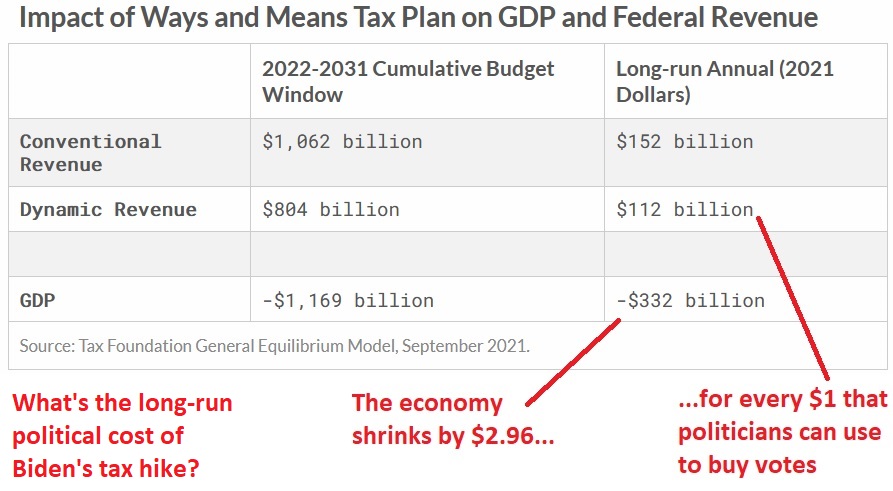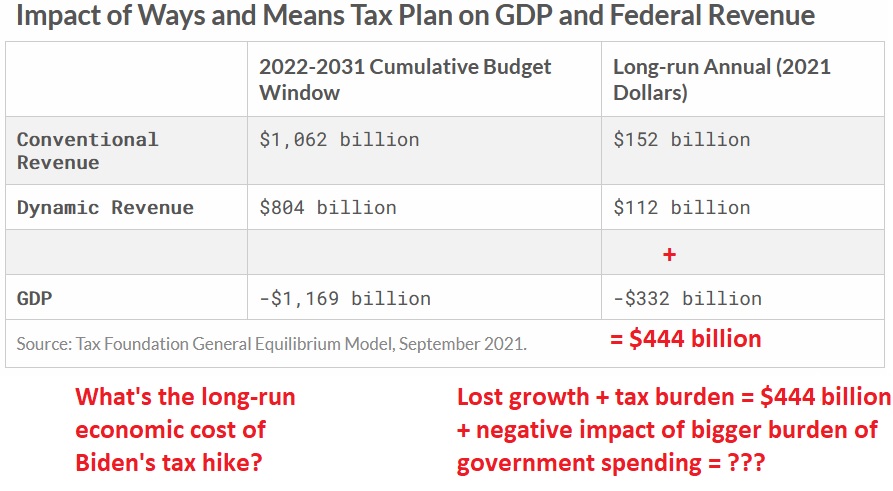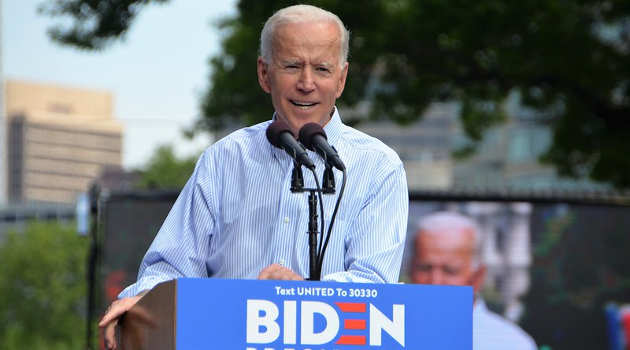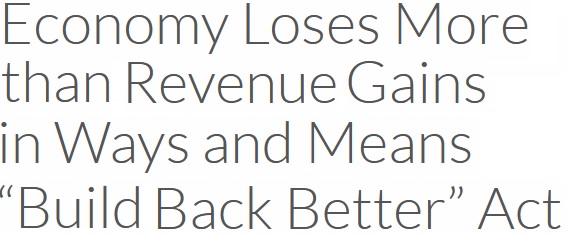There are lots of reasons (here are five of them) to dislike the version of the Biden tax hike that was approved by the tax-writing committee in the House of Representatives.
From an economic perspective, it is bad for prosperity to penalize work, saving, investment, and productivity.
So why, then, do politicians pursue such policies?
Part of the answer is spite, but I think the biggest reason is they simply want more money to spend.
And if the economy suffers, they don’t worry about that collateral damage so long as their primary objective – getting more money to buy more votes – is achieved.
But the rest of us should care, and a new report from the Tax Foundation offers a helpful way of showing why pro-tax politicians are misguided.
Here’s a table showing that the economy will lose almost $3 of output for every $1 that politicians can use for vote buying.

I added my commentary (in red) to the table.
My takeaway is that it is reprehensible for politicians to cause nearly $3 of foregone prosperity so that they can spend another $1.
Garrett Watson, author of the report, uses more sedate language to describes the findings.
Using Tax Foundation’s General Equilibrium Model, we estimate that the Ways and Means tax plan would reduce long-run GDP by 0.98 percent, which in today’s dollars amounts to about $332 billion of lost output annually. We estimate the plan would in the long run raise about $152 billion annually in new tax revenue, conventionally estimated in today’s dollars, meaning for every $1 in revenue raised, economic output would fall by $2.18. When the model accounts for the smaller economy, it estimates that the plan’s dynamic effects would reduce expected new tax collections to about $112 billion annually over the long run (also in today’s dollars), meaning for every $1 in revenue raised, economic output would fall by $2.96.
This is excellent analysis.
But I think it’s important to specify that political cost-benefit analysis (from the perspective of politicians) is not the same as economic cost-benefit analysis.
From an economic perspective, the foregone economic growth is a cost and the additional tax revenue for politicians also is a cost.
And I’ve augmented the table (again, in red) to show that the additional spending is yet another cost.

In other words, politicians are the main winners from Biden’s tax hike, and some of the interest groups getting additional handouts also might be winners (though I’ve previously pointed out that many of them wind up being losers as well in the long run).
P.S. The Tax Foundation model only measures the economic damage of higher taxes. If you also measure the harmful impact of more spending, the estimates of foregone economic output are much bigger.


